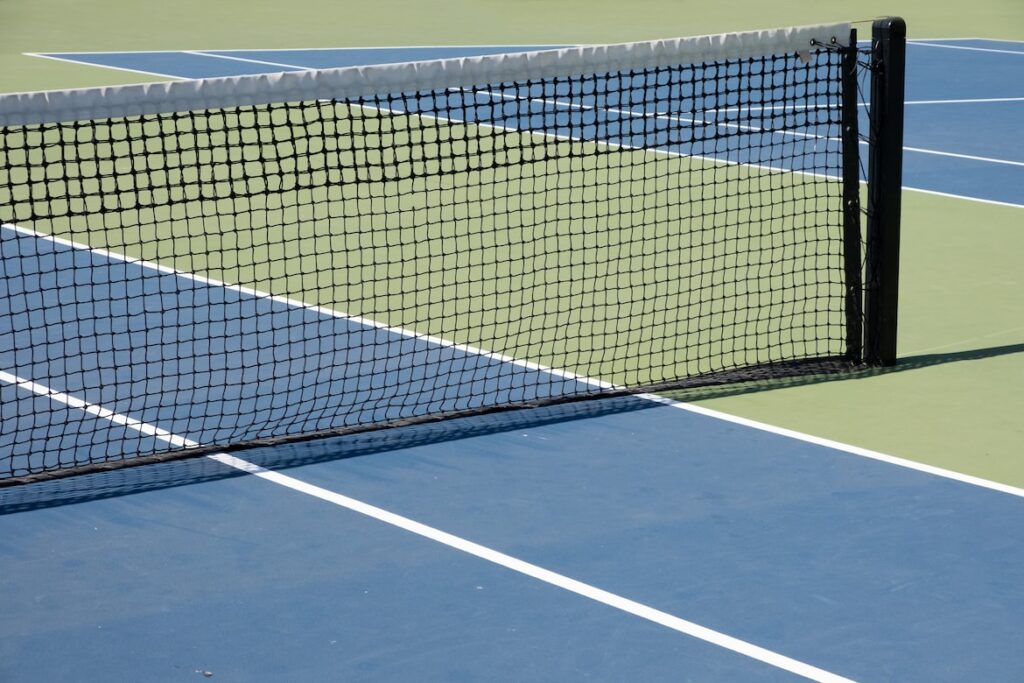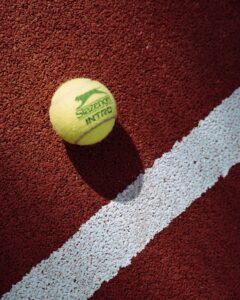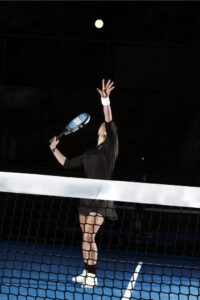Mental Toughness in Padel: Strategies for Handling Fatigue
3 min read
Mental Toughness in Padel: Strategies for Handling Fatigue
Are you a passionate padel player who wants to take their game to the next level? You’ve come to the right place! While physical conditioning and technical skills are critical, there’s another aspect that often gets overlooked – mental toughness. Padel may be a physical game, but it’s also a mental one. In this article, we’ll uncover strategies to handle mental fatigue in padel and elevate your game to new heights.
The Battle Within: Mental Fatigue in Padel
In the heat of a competitive padel match, fatigue can take its toll on both your mind and body. As the rallies get longer, the points get tighter, and the pressure builds up, it’s all too easy to succumb to mental exhaustion. This is where mental toughness plays a crucial role – it’s the ability to stay focused, composed, and resilient even when the going gets tough.
Now, let’s dive into some effective strategies on how to handle mental fatigue in padel:
1. Develop a Strong Pre-Game Routine
A well-planned pre-game routine can set the stage for mental toughness throughout the match. Start by creating a structured warm-up routine that includes stretching, mobility exercises, and visualizing your game plan. Visualizing success can help you build confidence and mentally prepare for the challenges ahead.
2. Control Your Breathing
When fatigue sets in, your breathing can become shallow and erratic, affecting your focus and decision-making abilities. Combat this by consciously controlling your breathing. Take slow, deep breaths during breaks between points to calm your mind and boost oxygen intake. Remember, a clear mind leads to better decision making and improved performance on the court.
3. Embrace Positive Self-Talk
During a match, your mind can become a battleground of doubts, fears, and negative thoughts. Replacing these negative thoughts with positive self-talk can be a game-changer. Remind yourself of your skills, strengths, and previous successes. Celebrate your achievements, no matter how small, to boost your confidence in high-pressure situations.
4. Focus on the Present Moment
Mental fatigue often stems from worrying about the outcome of the match or reliving past mistakes. To regain control, shift your focus to the present moment. Concentrate on each point, each shot, and each rally as they happen. This not only keeps your mind engaged but also helps you make better decisions and react more effectively to your opponents.
5. Take Breaks and Regain Composure
Recognize the signs of mental fatigue, both in yourself and your partner. If you feel overwhelmed, take a short break between points to gather your thoughts, regain composure, and reset your mindset. These mini-breaks can make a world of difference in preserving mental toughness and preventing a downward spiral.
6. Build Mental Resilience through Training
Mental toughness is like a muscle that needs to be trained. Incorporate mental resilience exercises into your training routine. This may include visualization drills, meditation sessions, or working with a sports psychologist. The more you practice and develop mental toughness off the court, the stronger you’ll become in high-pressure situations during the game.
Conclusion
Padel is not just a physical game – it’s a mental battle as well. By implementing these strategies for handling mental fatigue in padel, you’ll be able to stay focused, composed, and resilient throughout the toughest matches. Remember to develop your pre-game routine, control your breathing, embrace positive self-talk, focus on the present, take necessary breaks, and build mental resilience through training. With practice, your mental toughness will become a formidable weapon in your padel arsenal!






